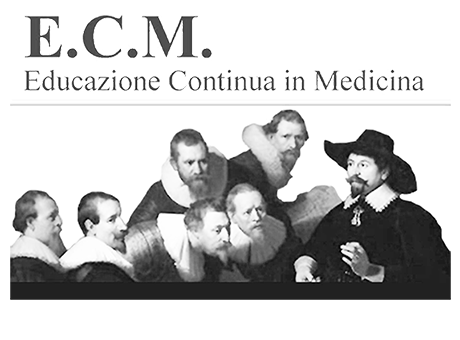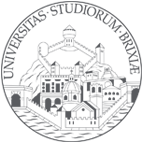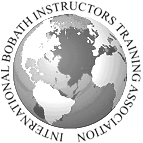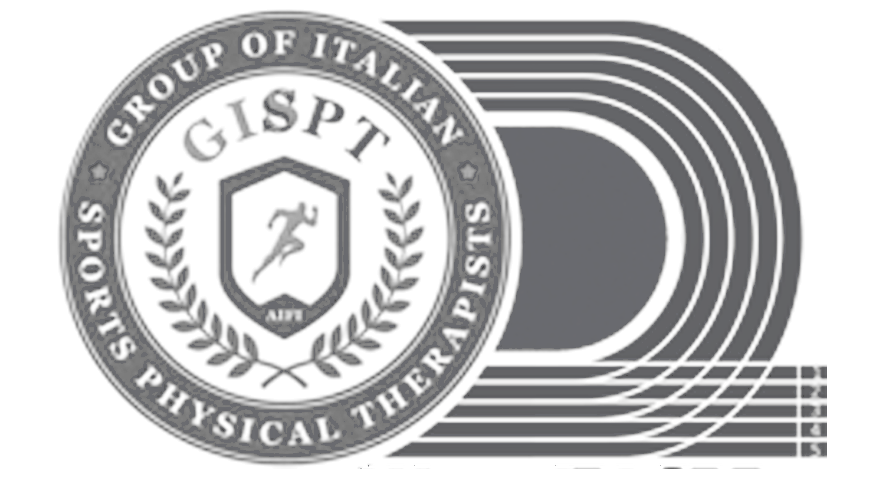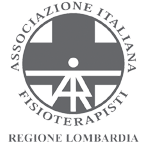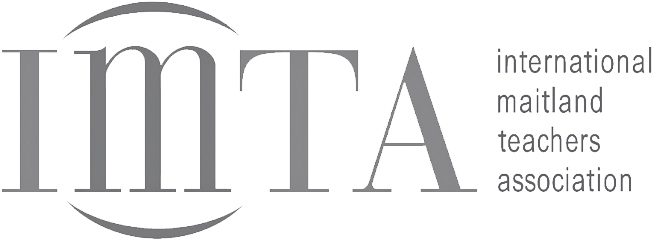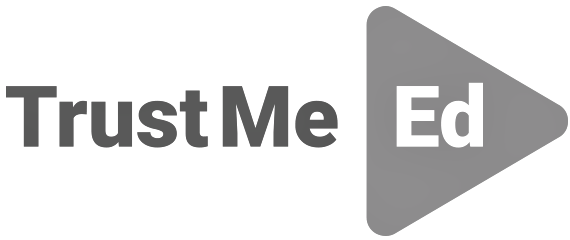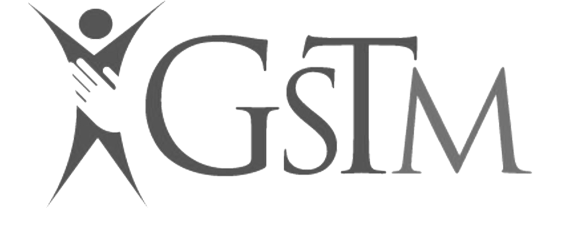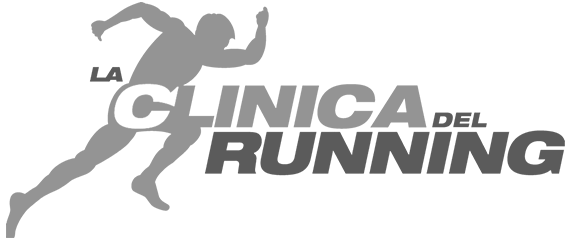June 11, 2024
EM336: CESENA - IBITA Advanced Course: Task Analysis & Task Performance - postural bases and motor components: the clinical application of the Bobath Concept
-
Alba MagriPt, IBITA Advanced Course Instructor
-
Monia AlessiPt, IBITA Advanced Course Instructor
Introduction:
The Bobath concept is a problem solving approach aimed at evaluating and treating people with disorders of movement, postural control and function caused by central nervous system injury. This approach to the rehabilitation of adults with central neurological damage originates from the work of Berta and Karel Bobath and has evolved over the last 70 years. The rationale for its application is rooted in current neuroscientific knowledge relating to motor control, motor learning, neural and muscular plasticity and in current biomechanical knowledge.
The goal of neurorehabilitation is to optimize the patient's functional capacity and outcome scales are the tools used to measure it. Unfortunately, most of these scales do not differentiate the compensatory movement from the typical one, which is why some of the literature today supports the need to look not only at the achievement of the objective but also (or above all) at the quality of the gesture. Knowing functional movement is therefore a basic skill of the physiotherapist who is called upon to evaluate the patient's motricity, to recognize atypical patterns, to define impairment, to produce working hypotheses, to create a "tailor-made" treatment. The course aims to delve deeper into what the literature recognizes today as "core tasks" and to stimulate discussion and clinical reasoning in this regard.
Specific objectives:
- Promote the evidence based approach based on updated literature
- Deepen knowledge of typical functional movement and refine clinical observation skills
- Know the biomechanical prerequisites and neurophysiological skills underlying the functional gesture in reference to six "core tasks" (sitting, standing, standing, walking, taking a step/stairs, reaching and manipulating) described in recent literature
- Recognize atypical movement and compensatory strategies used in the different neurological conditions faced
- Acquire facilitation techniques (manual, verbal and environmental) to support functional recovery after central lesion
- Refine manual skills and implement technical skills at an advanced level
- Support comparison and discussion between participants and teachers and train clinical reasoning according to the MBCP (Model of Bobath Clinical Practice)
In collaboration with:
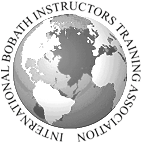
Intended for
Payments
- Deposit €520.00 within 7 days from the registration
- Balance €460.00 by date May 10, 2024
Calendar
language
COURSE LOCATION: Gambettola (FC) - Physio.B, Via Pascucci, 143, 47035.
SCHEDULE
PROGRAMMA
First day
8.30-9.00 Registration of participants and course objectives
9.00-10.00 Introduction: The analysis of functional movement: the congruence between the models proposed by recent literature and the MBCP (Model of Bobath Clinical Practice)
10.00-11.00 A theoretical framework for clinical practice: "The prerequisites for sitting and standing"
11.00-11.15 Coffee break
11.15-12.45 Evaluation and treatment of patient A by the teachers in a collective session
12.45-13.00 Synthesis of clinical reasoning and discussion
1.00pm-2.00pm Lunch
2.00pm-3.30pm Treatment of patients by course participants under the supervision of teachers
3.30-3.45pm Coffee breaks
3.45pm-5.30pm Practical laboratory – Active support base and orientation on the midline. Pelvis and trunk activities to support antigravity skills
5.30-5.45pm Summary of the day, last questions and discussion.
Second day
9.00-10.00 A theoretical framework for clinical practice: "Moving between a sitting position and a standing position and vice versa"
10.00-11.00 Presentation of a case report using the MBCP
11.00-11.15 Coffee break
11.15-12.30 Evaluation and treatment of patient A by the teachers in a collective session
12.30-13.00 Synthesis of clinical reasoning and discussion
1.00pm-2.00pm Lunch
2.00pm-3.30pm Treatment of patients by course participants under the supervision of teachers
3.30-3.45pm Coffee breaks
3.45pm-5.30pm Practical workshop: Stand-to-sit and sit-to-stand – Much more than a postural transition
5.30-5.45pm Summary of the day, last questions and discussion.
Third day
9.00-10.00 A theoretical framework for clinical practice: "Basic skills for the journey"
10.00-11.00 Presentation of a case report using the MBCP
11.00-11.15 Coffee break
11.15-12.30 Evaluation and treatment of patient B by the teachers in a collective session
12.30-13.00 Synthesis of clinical reasoning and discussion
1.00pm-2.00pm Lunch
2.00pm-3.30pm Treatment of patients by course participants under the supervision of teachers
3.30-3.45pm Coffee breaks
3.45pm-5.30pm Practical laboratory – SLS as an anti-gravity challenge for locomotion
5.30-5.45pm Summary of the day, last questions and discussion.
Fourth day
9.00-10.00 A theoretical framework for clinical practice: “Biomechanical and neurophysiological requirements for going up and down stairs”
10.00-11.00 Presentation of a case report using the MBCP
11.00-11.15 Coffee breaks
11.15-12.30 Evaluation and treatment of patient B by the teachers in a collective session
12.30-13.00 Synthesis of clinical reasoning and discussion
1.00pm-2.00pm Lunch
2.00pm-3.30pm Treatment of patients by course participants under the supervision of teachers
3.30-3.45pm Coffee breaks
3.45pm-5.30pm Practical workshop – Training the components to go up and down a step – Facilitation of stairs
5.30-5.45pm Summary of the day, last questions and discussion.
Fifth day
9.00-10.00 A theoretical framework for clinical practice: “Essential components of reach-to-grasp”
10.00-11.00 Practical laboratory – Scapula protraction, elbow and wrist extension: facilitating reaching after central injury
11.00-11.15 Coffee breaks
11.15-12.30 Evaluation and treatment of patient B by the teachers in a collective session
12.30-13.00 Synthesis of clinical reasoning and discussion
1.00pm-2.00pm Lunch
2.00pm-3.30pm Treatment of patients by course participants under the supervision of teachers
3.30-3.45pm Coffee breaks
3.45pm-5.00pm Practical laboratory – The hand for functional grasping
5.00pm-5.30pm ECM test and conclusion of the course
